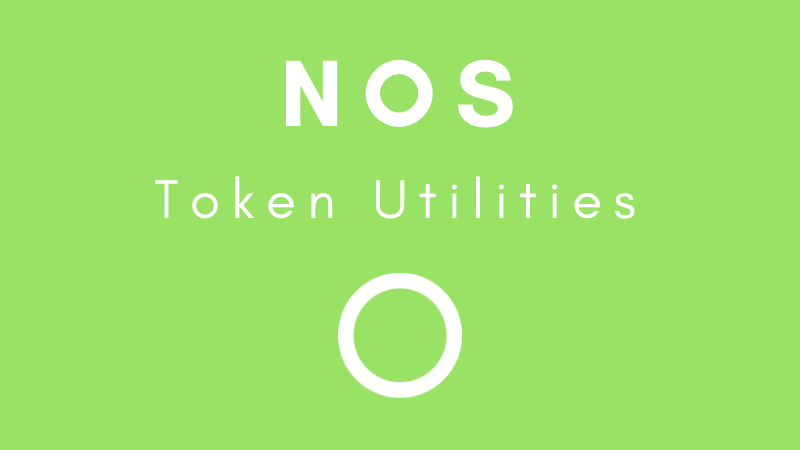
nOS, a virtual operating system with a browser and dApp store, has published a suite of token utilities for its ecosystem. In the announcement, it claimed the tools are designed to make the platform “more accessible, engaging, and fun!” for users, and opens up new incentives for holding NOS.
The following new features and utilities have been included in the latest version of the nOS client, which can be downloaded from Github here.
Holding Dashboard
‘Holding’ is a new feature that provides users with several benefits on the platform based on their continuous NOS balance. A Holding Dashboard has been added to the client, allowing users to see at a glance the amount of NOS tokens they hold alongside their public address. Users who maintain or increase their NOS balance will be actively rewarded with assorted platform benefits.
To gain the Holding benefits, users require a nOS.app account with a verified address and at least 1000 NOS tokens. Each Sunday, the Holding becomes equal to the lowest NOS balance that the user had at the verified address in the previous seven days. If this quantity is maintained or increased each week, the value is multiplied starting at 1.1x and capping at twice the actual number of tokens held.
The Holding number will influence various platform benefits and correlates to a users’ vote weight. If the held amount is reduced, the Holding number is reset to zero until the next Holding cycle in a week’s time. Holding a requisite amount of NOS may be required to unlock featured promotions, rewards, and income from platform fees. A threshold of NOS will also be required to vote on future platform features and network fees.
Additional benefits and interactions for NOS holders are due to be rolled out in future.
Proof of Address
Proof of Address is a utility used to verify ownership of a user’s nOS address. The tool was designed to circumvent the security risks of depositing funds into a wallet address controlled by a third party, which is common practice with applications that integrate with cryptocurrencies. Proof of Address removes this layer of centralization by allowing users to verify their deposit addresses.
Instructions for account verification were provided in the announcement. Proof of Address is accessed via the nOS application and requires the user to hold at least one NOS token at their address. When ‘Verify Address Ownership’ is clicked, the nOS client prompts the user to send a specific four-digit amount to the user themselves, allowing them to verify the user owns the corresponding private key.
This feature can be easily integrated into any application via the nOS API. nOS apps may use any NEO-based token to verify an address, with future support planned for Ethereum and its ERC-20 token standard.
Documentation for how developers can create their own Proof of Address tool is in the process of being released.
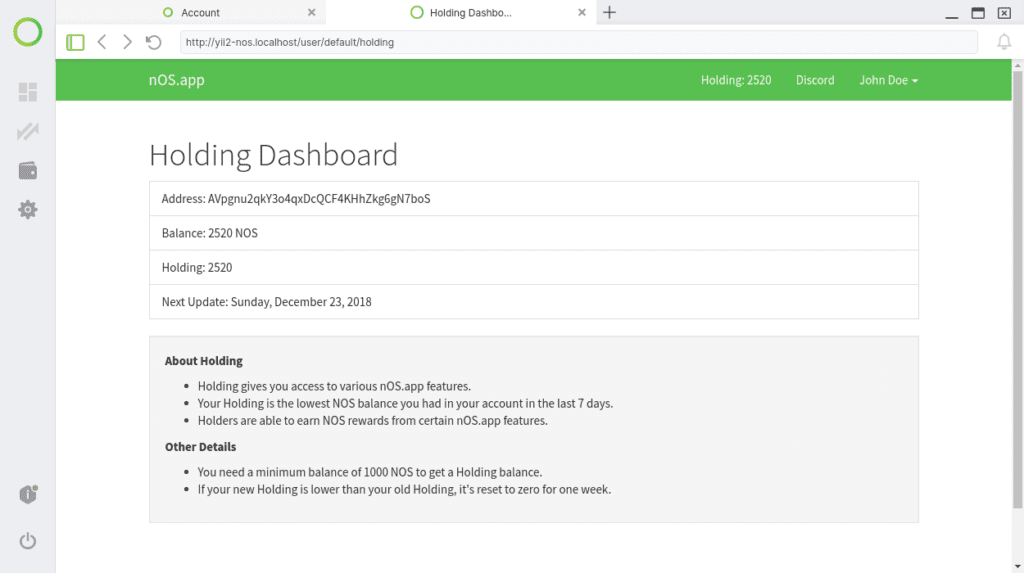
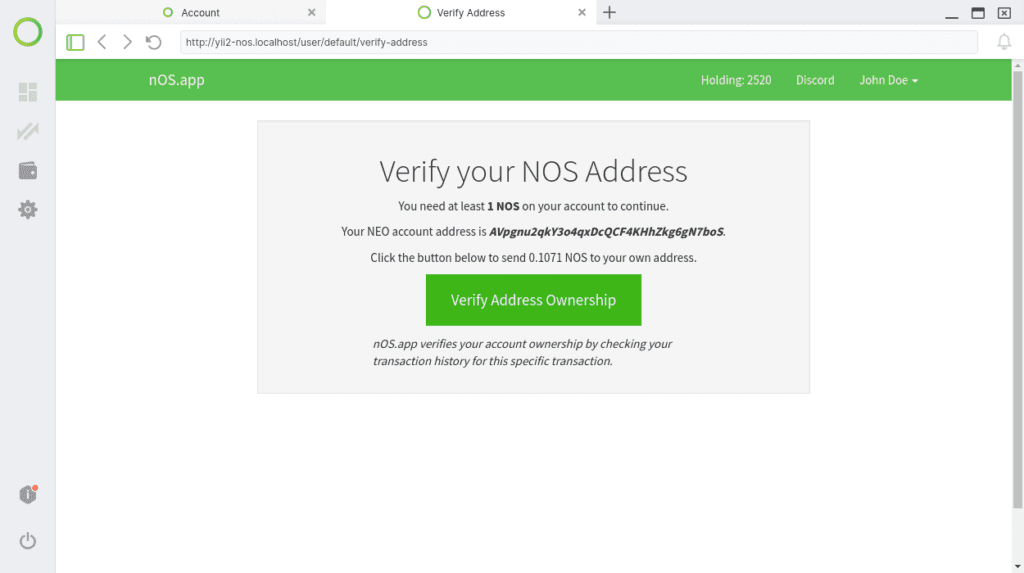





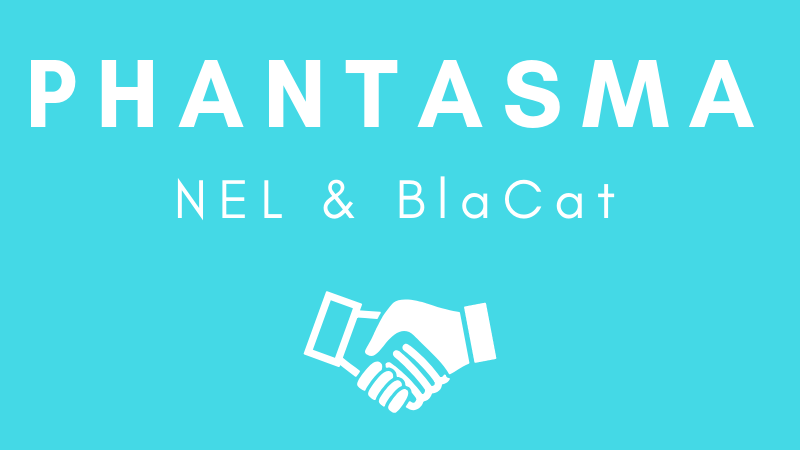
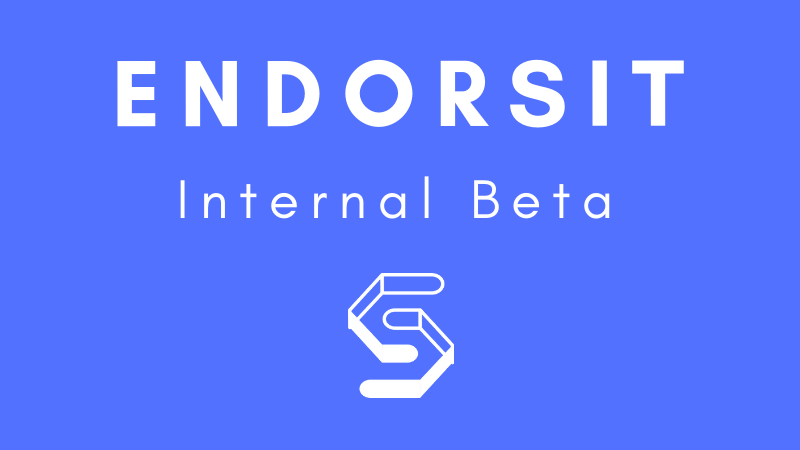
About The Author: Matthew North
Matthew North is a freelance writer and journalist who resides in East Asia. He spends his time writing and learning about financial technologies like the Blockchain and digital currencies. You can follow him on twitter @fintech_matthew.
More posts by Matthew North